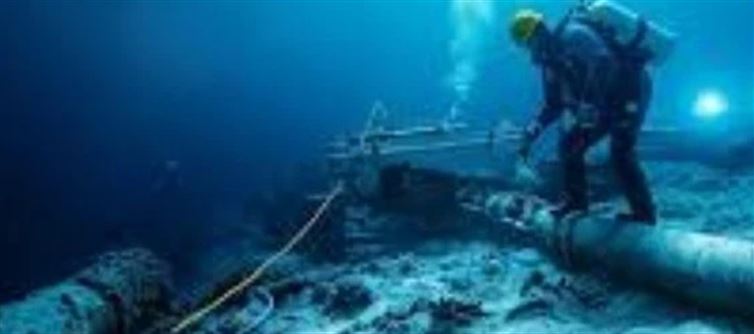
What does the report say?
According to a report published by the U.S. cybersecurity company Recorded Future, nine distinct incidents that occurred in the Baltic sea and along the coast of taiwan in 2024 and 2025 may be precursors to deliberate, disruptive actions. With russia and china emerging as major suspects behind the activities, the analysis stated that although the majority of undersea cable disruptions are still probably inadvertent in nature, the pattern of occurrences in these locations suggests a growing concern of intentional interference.
"Campaigns attributed to china in the western Pacific and russia in the North Atlantic-Baltic region are likely to increase in frequency as tensions rise," The Guardian reported, citing the business.
Which countries are most vulnerable to undersea cable sabotage?
Numerous noteworthy instances are covered in the article, including The Guardian's account on the november 2024 severance of two underwater cables connecting lithuania and sweden in the Baltic Sea. Investigators found that the wires were destroyed by a Chinese ship's anchor. In another instance, in December, a Russian oil tanker was arrested for severing wires between finland and Estonia.
Over the past 18 months, there have been many events in taiwan that have also sparked concerns. A Chinese-manned vessel repeatedly zigzagged over the cables between taiwan and the Penghu Islands in February, damaging them. Additionally, the report stated that a Chinese cargo ship was definitively determined to be the probable cause of damage to a Taiwan-U.S. underwater cable the previous month.
"While it is difficult to definitively attribute recent incidents in the Baltic sea and around taiwan to state-sponsored sabotage, such operations align with both russia and China's strategic objectives, recently observed activities, and current deep-sea capabilities," according to the report by The Guardian.
According to Recorded Future, a coordinated attack that targets several underwater cables is likely to occur in the deep sea and might create long-term disruption. This type of operation would "very likely involve state-sponsored threat actors," according to the research, given its intricacy.
Additionally, the paper stated that rather than occurring during open war, this type of sabotage will probably occur prior to open conflict.
Over the past 18 months, the cybersecurity firm has observed and recorded 44 instances of cable damage. Of those, 16% were caused by seismic or other natural phenomena, 25% were anchor dragging, and almost one-third had an unidentified cause.
A number of at-risk island states, including Malta, Cyprus, and Ireland, were mentioned in the assessment. These countries are all highly dependent on underwater cables for international connections, making them vulnerable to future disruptions.




 click and follow Indiaherald WhatsApp channel
click and follow Indiaherald WhatsApp channel